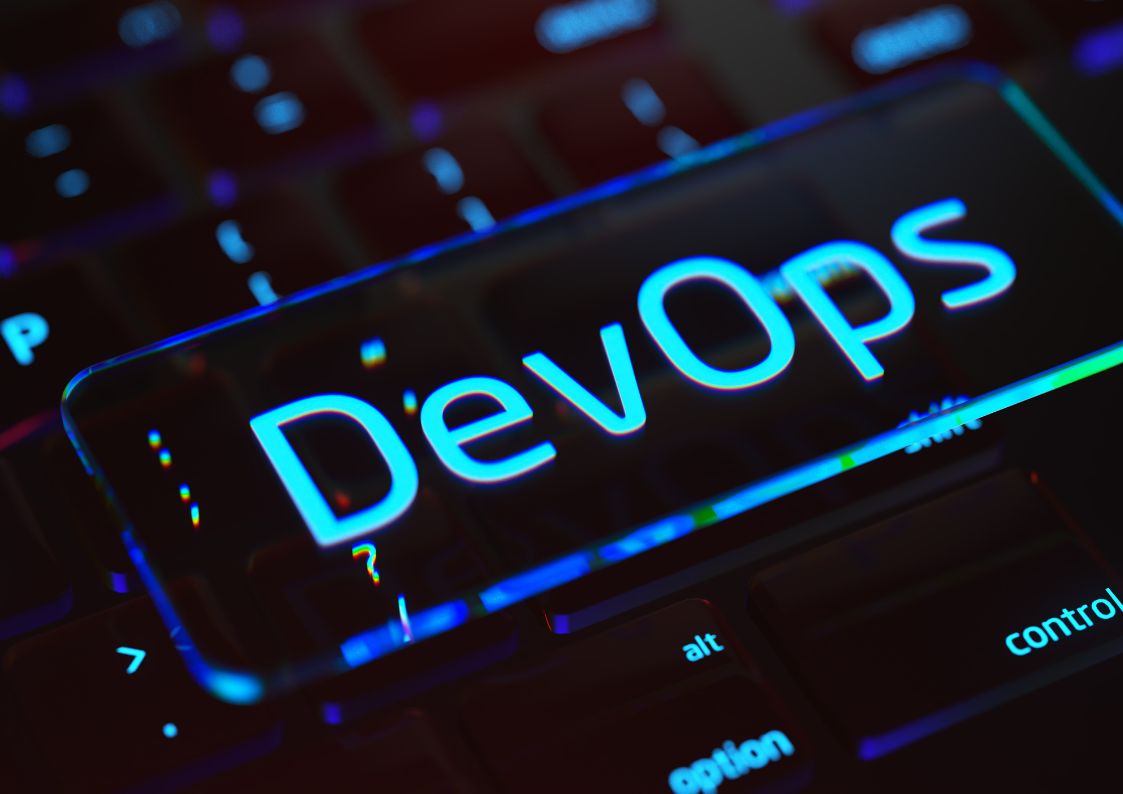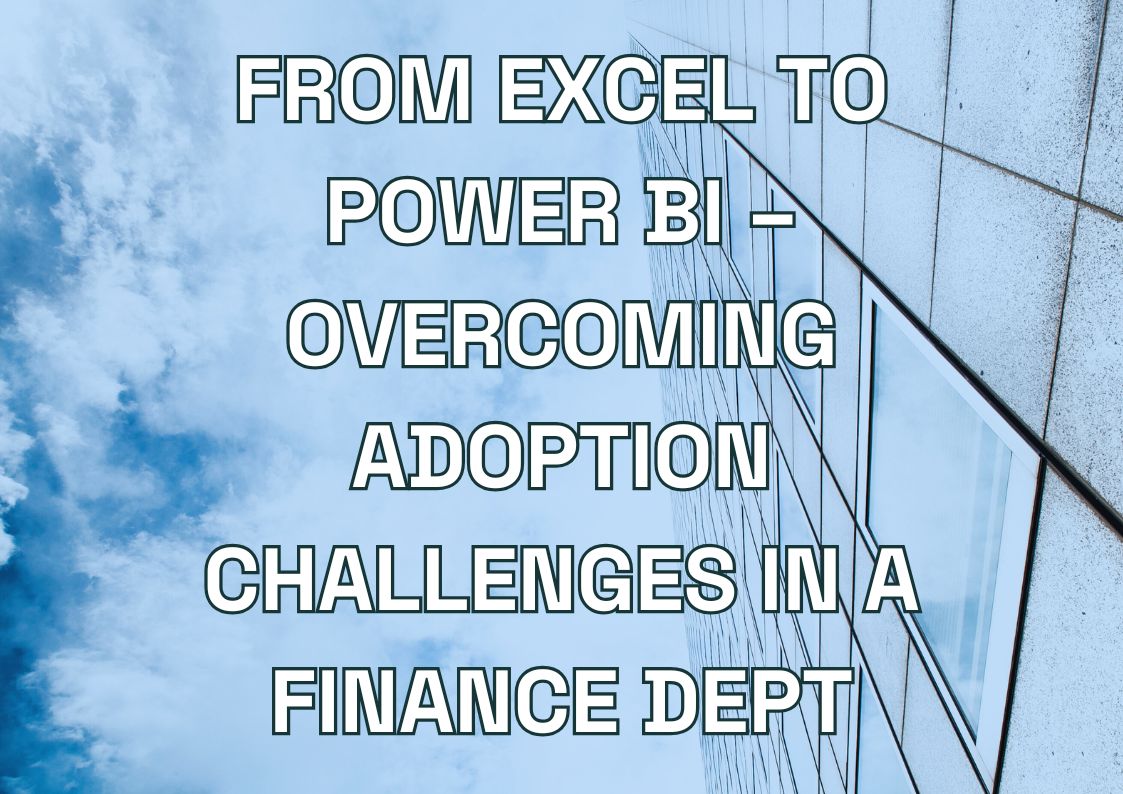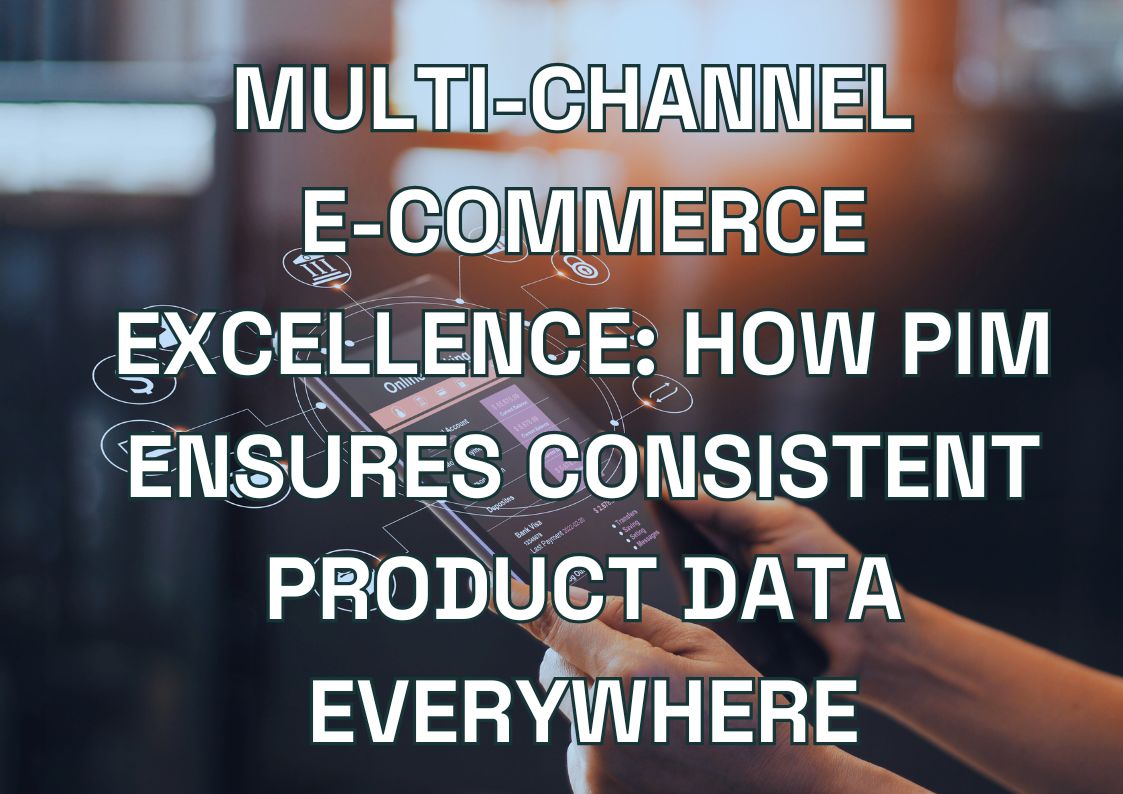Choosing the right methodology can make or break your project. Are you aiming for rapid deployment cycles, or is ironclad security your top priority? Perhaps you’re looking for a balance of both?
DevOps and DevSecOps are two approaches that have significantly improved how we build and deliver software. But which one suits your needs?
our choice depends on your project requirements, team composition, and security needs. Are you prioritizing rapid deployment, or is comprehensive security essential from the start? In the following sections, we’ll examine DevOps and DevSecOps to help you determine which one best aligns best with your organization’s goals.
What is DevOps?
DevOps is a methodology that combines software development (Dev) and IT operations (Ops) to improve collaboration and productivity throughout the software development lifecycle.
DevOps is built on several fundamental principles:
- Collaboration: Breaking down barriers between development and operations teams.
- Automation: Streamlining repetitive tasks to reduce errors and save time.
- Continuous Integration and Delivery (CI/CD): Frequently merging code changes and deploying updates.
- Rapid Feedback: Quickly identifying and addressing issues through constant monitoring.
- Iterative Improvement: Continuously refining processes based on performance data and feedback.
What are the benefits of DevOps? By adopting it, organizations can create a more responsive, efficient, and collaborative IT environment. This approach allows teams to deliver high-quality software more rapidly, adapting quickly to changing market needs and customer demands.
What is DevSecOps?
DevSecOps extends the DevOps methodology by integrating security practices throughout the entire software development lifecycle. But what does this mean for your team and projects?
“Shifting security left” is the fundamental principle of DevSecOps. But why is this important?
- Early Detection: By addressing security from the start, you catch vulnerabilities before they become costly problems.
- Continuous Security: Instead of treating security as a final checkpoint, it becomes an ongoing process.
- Shared Responsibility: Everyone on the team, not just security experts, plays a role in maintaining security.
Are you wondering how this might change your current workflow? It often means integrating security tools into your development environment and incorporating security reviews into your regular sprint cycles.
What can DevSecOps do for your organization?
- Improved Security Posture: By making security a constant focus, you reduce the risk of breaches and vulnerabilities.
- Faster Delivery of Secure Software: Despite the added security measures, DevSecOps can speed up your delivery process. How? By catching and fixing issues early, you avoid time-consuming rework later.
- Cost Reduction: Addressing security issues early is typically less expensive than fixing them post-deployment. Have you considered the potential cost savings?
- Compliance Management: For industries with strict regulatory requirements, DevSecOps helps ensure continuous compliance.
- Enhanced Collaboration: Breaking down silos between development, operations, and security teams leads to better communication and more efficient problem-solving.
- Automated Security: By integrating security into your automation processes, you can maintain consistency and reduce human error.
Similarities Between DevOps and DevSecOps
While DevOps and DevSecOps have distinct focuses, they share several fundamental principles. Understanding these similarities can help you leverage the strengths of both approaches in your projects.
Shared Foundational Principles
Both methodologies are built on four key pillars:
- Collaboration: Are your teams working in silos? Both DevOps and DevSecOps emphasize breaking down barriers between different departments.
- Automation: Tired of repetitive tasks slowing you down? Both approaches prioritize automating processes to increase efficiency and reduce errors.
- Continuous Improvement: Is your team stuck in its ways? DevOps and DevSecOps promote a culture of ongoing learning and refinement of processes.
- Shared Responsibility: Ever felt like certain tasks weren’t your job? These methodologies encourage every team member to take ownership of the entire development process.
CI/CD Pipeline Adoption
Both DevOps and DevSecOps rely heavily on Continuous Integration and Continuous Delivery (CI/CD) pipelines. Why? Because they enable:
- Frequent code integration
- Automated testing
- Rapid, reliable software releases
Are you struggling with slow, manual deployment processes? Implementing a CI/CD pipeline could be your solution.
Cultural Shift Towards Transparency and Shared Ownership
Both approaches require a significant cultural change. They promote:
- Open communication across teams
- Shared accountability for project success
- Transparency in processes and decision-making
Is your organization resistant to change? Remember, the benefits of this cultural shift often extend beyond just your development process.
Focus on Efficiency and Accelerated Delivery
Both DevOps and DevSecOps aim to:
- Streamline workflows
- Reduce time-to-market
- Improve product quality
Are you facing pressure to deliver faster without compromising on quality? These methodologies offer strategies to achieve both goals simultaneously.
By understanding these shared principles, you can start implementing beneficial strategies from both DevOps and DevSecOps, regardless of which approach you ultimately choose for your projects.
Streamline Your Development Process with DevOps Services
Achieve faster deployments, better collaboration, and improved security with our DevOps services. Optimize software development lifecycle with expert guidance.
Let us help you implement a seamless DevOps process.

Let us help you implement a seamless DevOps process.

DevOps vs DevSecOps – what are the differences?
To quickly grasp the key differences between DevOps and DevSecOps, let’s start with a concise comparison table.
| Aspect | DevOps | DevSecOps |
|---|---|---|
| Focus | Development and operations | Development, operations, and security |
| Primary Goal | Speed and efficiency | Security and resilience |
| Team Composition | Dev and Ops integrated | Dev, Ops, and Security collaborative |
| Security Integration | Basic, often late-stage | Integrated from the start |
| Automation | CI/CD, IaC | CI/CD, IaC, security testing |
| Cultural Emphasis | Breaking silos | Security awareness across teams |
| Lifecycle View | Development to delivery | Security at every stage |
Now, let’s dive deeper into each of these aspects!
Focus and Scope
- DevOps: Concentrates on streamlining the pipeline between development and operations. But does this leave security as an afterthought in your projects?
- DevSecOps: Integrates security throughout the entire software development lifecycle (SDLC). How might this proactive approach to security benefit your development process?
Primary Goals
- DevOps: Aims for faster and more efficient software development and delivery. Is speed your top priority, or are you willing to sacrifice some pace for enhanced security?
- DevSecOps: Focuses on secure and resilient software delivery with continuous security checks. Could this approach help you avoid costly security breaches down the line?
Team Composition and Collaboration
- DevOps: Integrates development and operations teams. But what happens to your security team in this model?
- DevSecOps: Brings development, operations, and security teams together collaboratively. How might this three-way collaboration enhance your overall product quality?
Security Integration
- DevOps: Typically includes basic security considerations in processes, often as a final step. Are you comfortable with security being a last-minute consideration?
- DevSecOps: Integrates security practices from the outset (“shifted left”). How could early security integration save you time and resources in the long run?
Automation and Tools
- DevOps: Utilizes CI/CD tools, configuration management, monitoring tools, and Infrastructure as Code (IaC). Are these tools sufficient for your security needs?
- DevSecOps: Adds security testing tools, vulnerability scanners, and Security Information and Event Management (SIEM) systems to the DevOps toolkit. Could these additional tools provide the comprehensive security coverage your projects require?
Cultural Emphasis
- DevOps: Focuses on breaking down silos between development and operations. But does this leave security isolated?
- DevSecOps: Promotes security awareness and collaboration across all teams. How might this cultural shift impact your team’s approach to security?
Lifecycle View
- DevOps: Concentrates on the development and delivery of software. But what happens to security in this streamlined process?
- DevSecOps: Integrates security at every stage of the SDLC. Could this comprehensive approach help you build more secure products from the ground up?
By understanding these key differences, you can better assess which approach aligns more closely with your organization’s needs and goals.
Remember, the choice between DevOps and DevSecOps isn’t just about tools or processes—it’s about how you prioritize speed, efficiency, and security in your software development lifecycle.
Best use cases – when should you choose DevOps and DevSecOps?
Your choice should depend on your project requirements, industry, and security needs. Let’s explore when each approach shines:
Scenarios best suited for DevOps
DevOps might be your go-to choice when:
- Rapid deployment is crucial: Are you working on projects where speed-to-market is the top priority?
- You’re dealing with less sensitive data: Does your application handle minimal personal or financial information?
- You’re working on internal tools: Are you developing software for in-house use with limited external exposure?
- Your team is new to collaborative methodologies: Is this your first step away from traditional development practices?
- Resources are limited: Do you have budget or staffing constraints that make it challenging to implement comprehensive security measures?
Use cases where DevSecOps is essential
Consider DevSecOps when:
- Security is paramount: Is your application handling sensitive user data or critical business information?
- You’re working on cloud-native applications: Are you developing apps that will be deployed in potentially vulnerable cloud environments?
- Compliance is a major concern: Does your software need to meet strict regulatory requirements?
- You’re in a high-risk industry: Is your sector frequently targeted by cyberattacks?
- Long-term maintenance is a priority: Are you building systems that will require ongoing updates and security patches?
Industry-specific considerations
Different sectors have varying needs when it comes to development practices:
- Financial Services: Given the sensitive nature of financial data and strict regulations, DevSecOps is often the preferred choice. Can your development process meet standards like PCI DSS or SOX?
- Healthcare: With HIPAA compliance and patient data protection being critical, DevSecOps is typically necessary. How will you ensure that security is baked into every stage of your healthcare app development?
- E-commerce: While speed is important, the handling of customer and payment data makes DevSecOps a wise choice. How will you balance rapid feature deployment with robust security measures?
- Gaming and Entertainment: For games or streaming services where time-to-market is crucial, DevOps might be sufficient. But what if your game involves in-app purchases or stores user data?
- Government and Defense: These highly regulated sectors almost always require DevSecOps due to the sensitive nature of the data and potential national security implications. How will your development process address these stringent security requirements?
- Startups and Small Businesses: With limited resources, many startups begin with DevOps and gradually transition to DevSecOps as they scale. How will you plan for this evolution in your development practices?

Remember, the line between DevOps and DevSecOps isn’t always clear-cut. Many organizations adopt a hybrid approach, incorporating elements of both methodologies. The key is to assess your specific needs, risk tolerance, and resources, then choose the approach that best aligns with your goals.
Transitioning from DevOps to DevSecOps – how do we do it well?
Transitioning from DevOps to DevSecOps is a strategic move that can significantly enhance your software’s security. But how can you ensure a smooth transition? Let’s break it down:
Preparing your team for the transition
- Foster a security-first mindset: How can you encourage your team to think about security from the outset?
- Communicate the benefits: Can you clearly articulate why this transition is crucial for your organization?
- Address concerns: Are there worries about increased workload or process changes? How will you address them?
Key steps in the transition process
- Assess your current state: What security measures do you already have in place?
- Identify security champions: Who in your team can lead the charge toward DevSecOps?
- Integrate security tools: Which security tools can you seamlessly incorporate into your existing CI/CD pipeline?
- Implement security testing: How can you automate security testing at every stage of development?
- Establish metrics: What KPIs will you use to measure the success of your DevSecOps implementation?
Common pitfalls to avoid
- Rushing the transition: Are you allowing enough time for your team to adapt?
- Neglecting cultural change: How will you ensure that security becomes everyone’s responsibility?
- Overcomplicating processes: Can you maintain efficiency while enhancing security?
- Ignoring feedback: Are you listening to your team’s experiences during the transition?
Training and upskilling considerations
- Identify skill gaps: What new skills does your team need to acquire?
- Provide comprehensive training: How will you ensure your team is well-versed in security practices?
- Encourage certifications: Which security certifications could benefit your team members?
- Promote continuous learning: How can you foster an environment of ongoing security education?
At Multishoring, we understand the complexities of modern software development. Our team of experts in DevOps can guide you through the intricacies of DevOps and DevSecOps, helping you make the right choice for your projects and supporting you through every step of the transition.
Contact us today for a personalized DevOps or DevSecOps solution that will secure your development process!
Expert DevOps, Development and Consulting Services
Let's talk about your IT needs

Let me be your single point of contact and lead you through the cooperation process.
Choose your conversation starter
Signed, sealed, delivered!
Await our messenger pigeon with possible dates for the meet-up.








